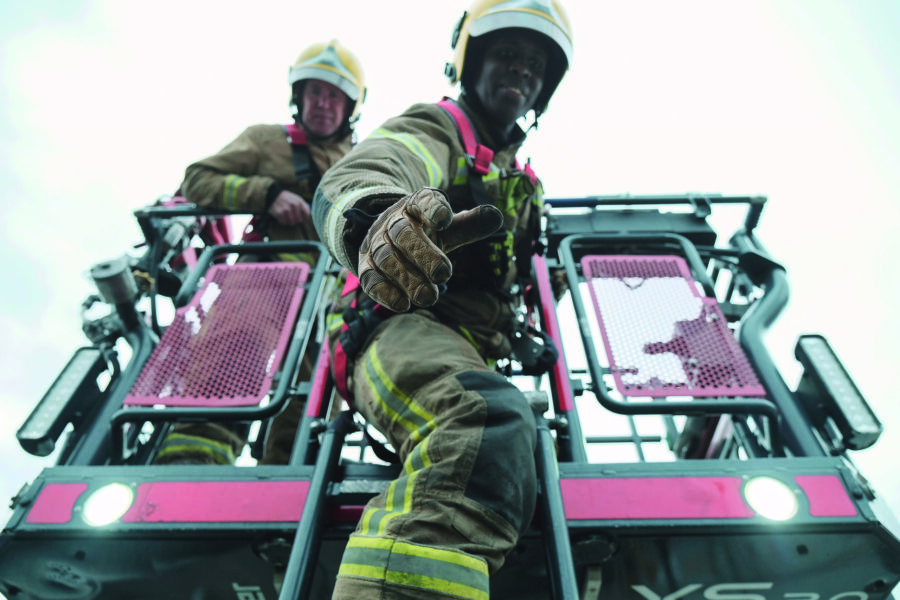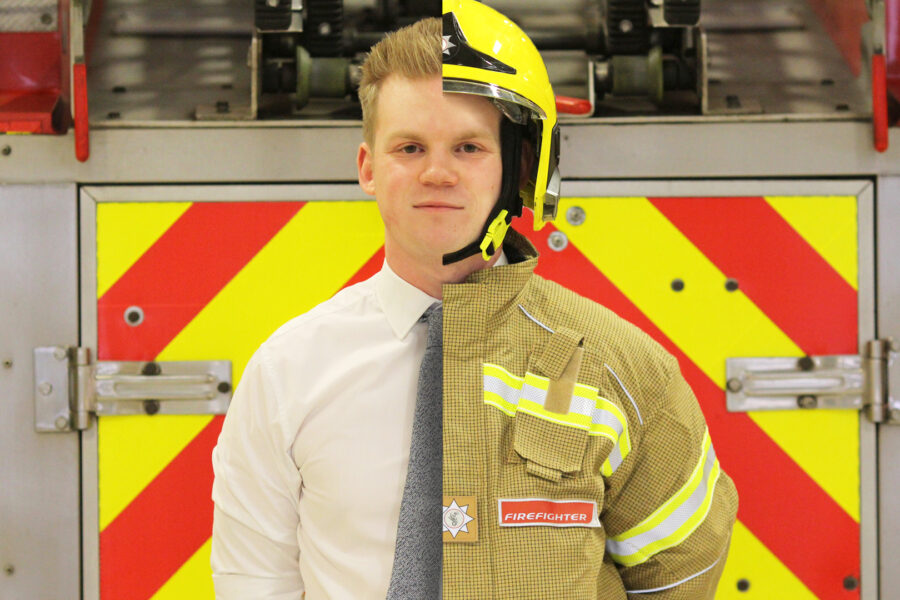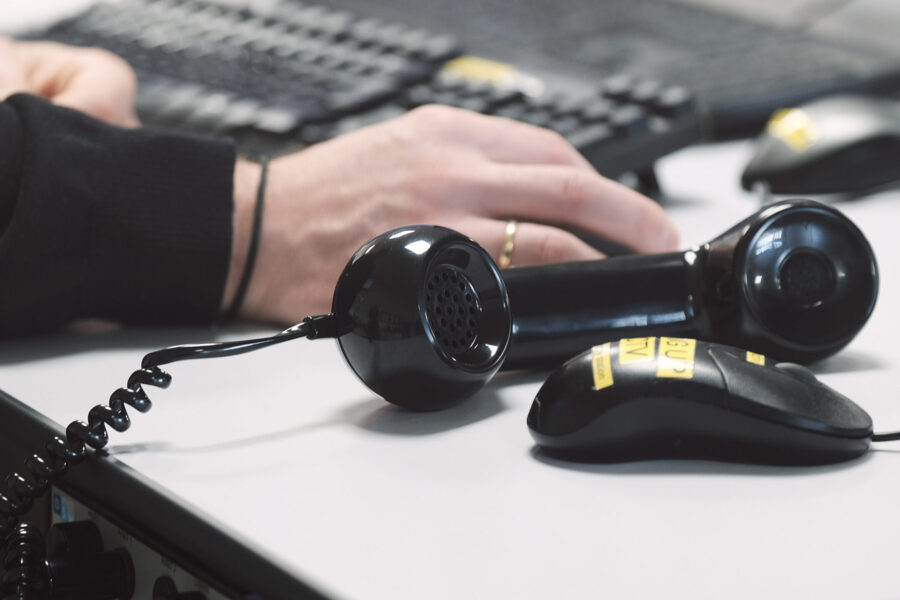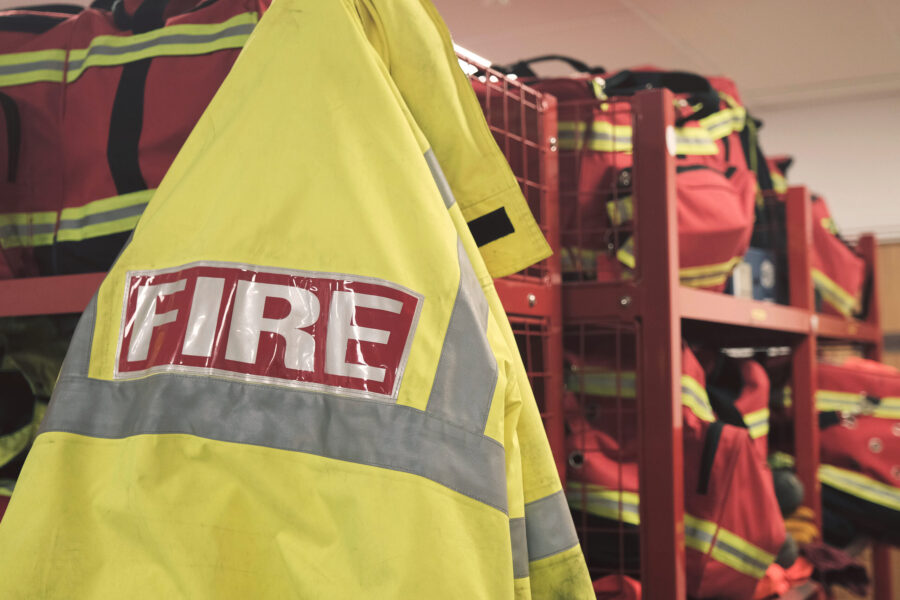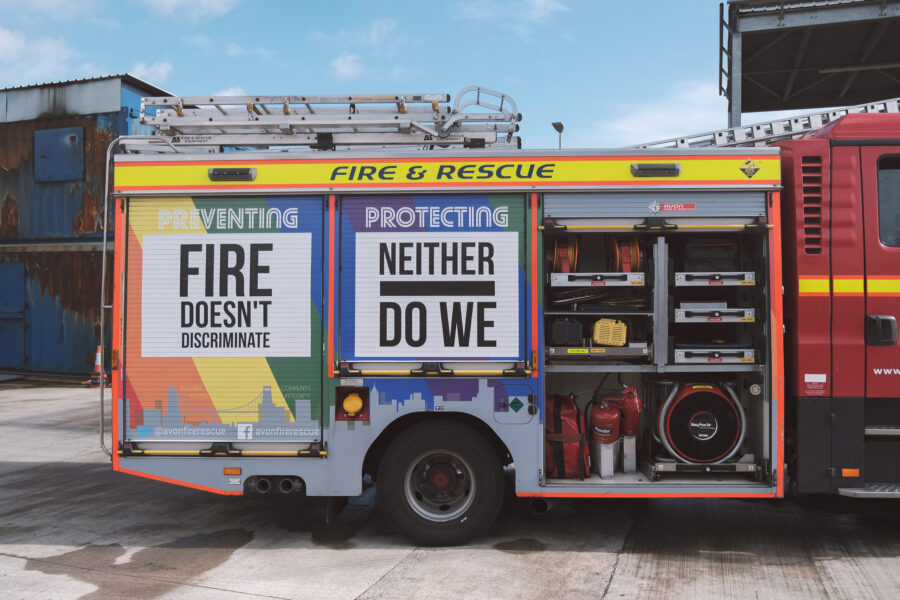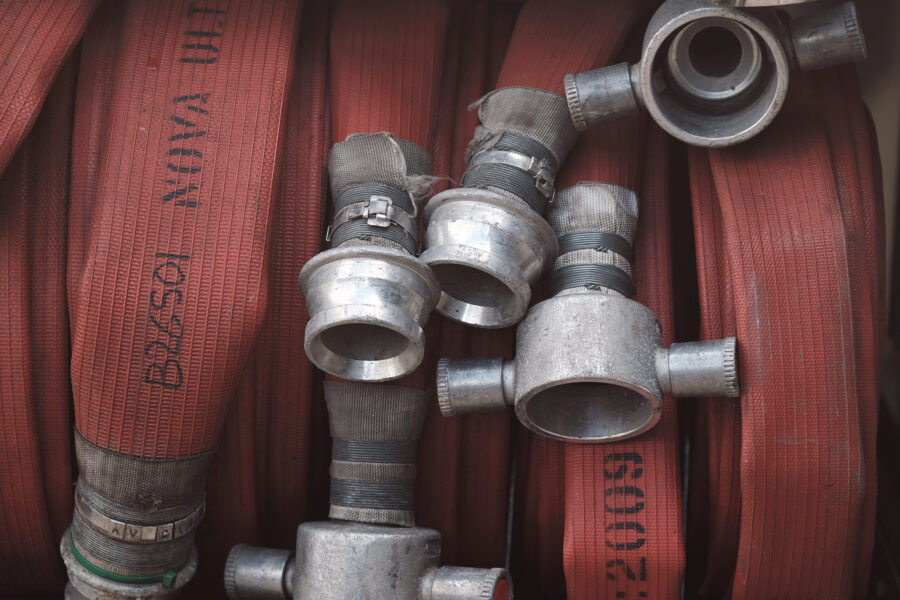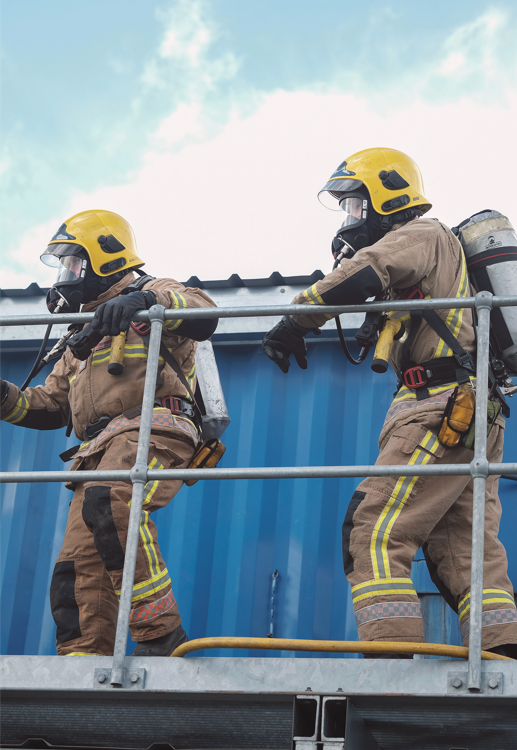
Careers
There are a variety of roles available at Avon Fire & Rescue Service from specialist support staff, education, answering 999 calls and of course front line Firefighting.
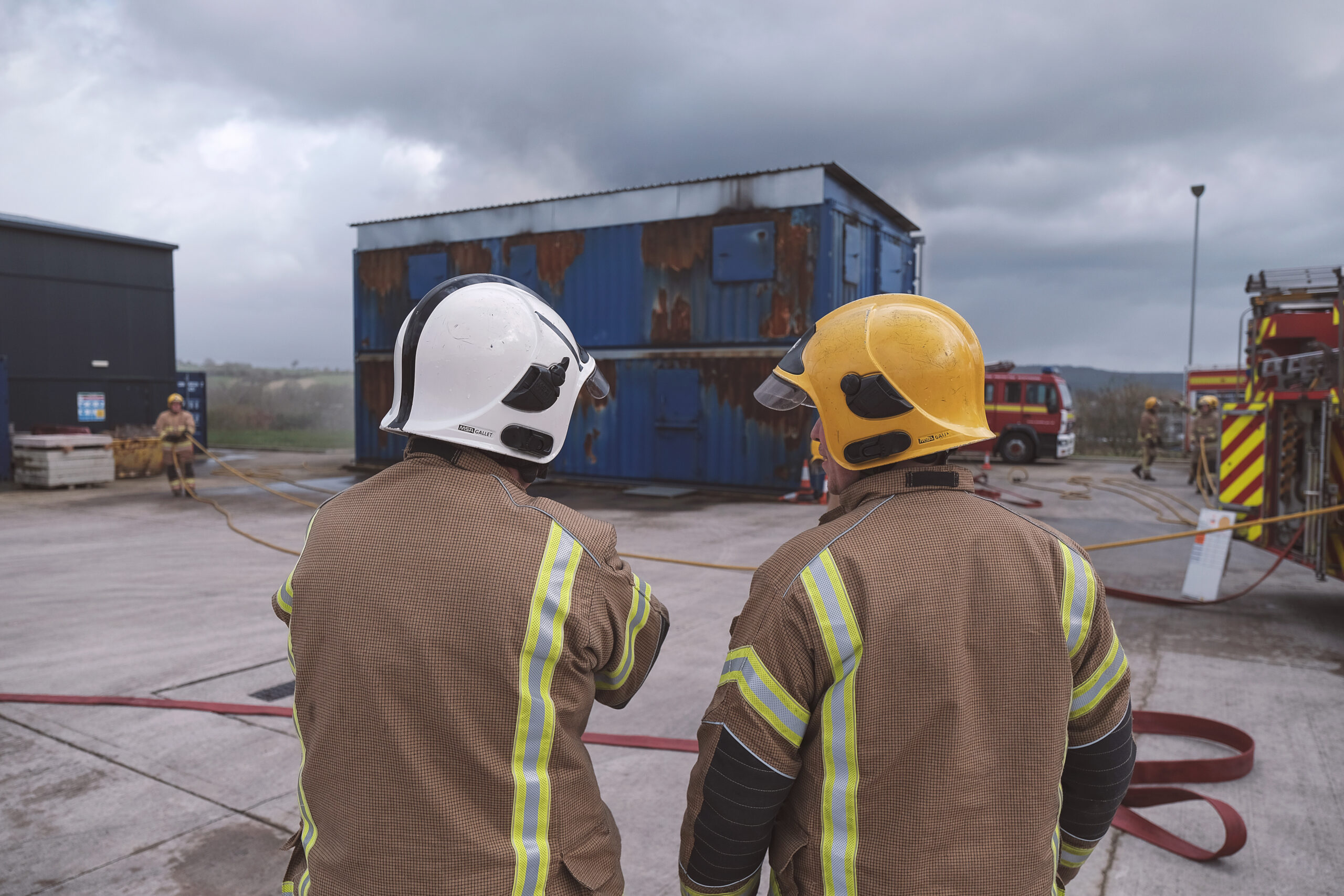
Now recruiting on-call firefighters
Provide a lifesaving service to your community and earn a second income whilst working flexibly around other work and family commitments.
